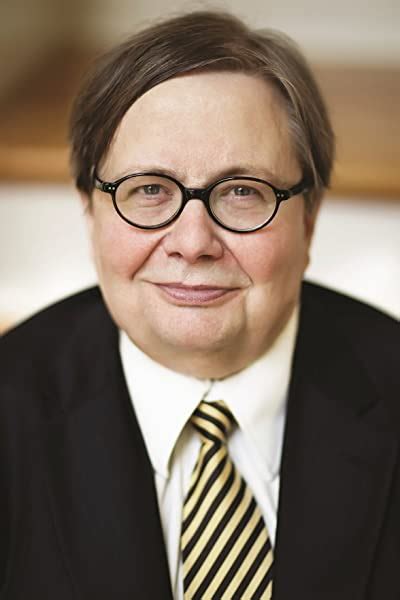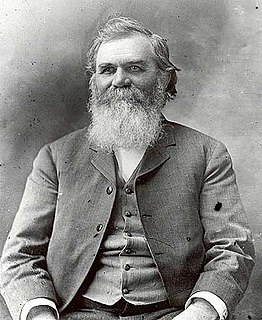A Quote by Edward Gibbon
The decline of Rome was the natural and inevitable effect of immoderate greatness. Prosperity ripened the principle of decay; the cause of the destruction multiplied with the extent of conquest; and, as soon as time or accident and removed the artificial supports, the stupendous fabric yielded to the pressure of its own weight. The story of the ruin is simple and obvious: and instead of inquiring why the Roman Empire was destroyed we should rather be surprised that it has subsisted for so long.
Quote Topics
Related Quotes
Discussing the attempts of Augustus' generals to add to the extent of the Roman Empire early in his reign:
The northern countries of Europe scarcely deserved the expense and labour of conquest. The forests and morasses of Germany were filled with a hardy race of barbarians, who despised life when it was separated from freedom; and though, on the first attack, they seemed to yield to the weight of the Roman power, they soon, by a signal act of despair, regained their independence, and reminded Augustus of the vicissitude of fortune.
Time the healer (Time the killer) flies faster here in Rome than anywhere else in the world, I believe ... here in Rome there are or seem to be strange differences in the value of things. For instance, the pound weight, instead of being sixteen ounces, is only twelve; the foot measure, instead of being twelve inches, is only nine; and I think, in some way, this must apply to time as well, so that the hour, instead of being sixty minutes long, is only forty-five!
We're talking about, essentially, the Roman historians, who wrote Cleopatra into the story mostly so that they could talk about the rise of Rome. And that is one of the problems, of course, in recounting her life. She's only ever apparent to us when there is a Roman in the room, or when her story intersects with the rise of Rome.
A major cause of the Roman Empire's decline, after six centuries of world dominance was its replacement of stone aqueducts by lead pipes for the transport and supply of drinking water. Roman engineers, the best in the world, turned their fellow citizens into cripples. Today our own "best and brightest," with the best of intentions, achieve the same end through childhood vaccination programmes yielding the modern scourges of hyperactivity, learning disabilities, autism, appetite disorders, and impulsive violence.
One should not wrongly reify 'cause' and 'effect,' as the natural scientists do (and whoever, like them, now 'naturalizes' in his thinking), according to the prevailing mechanical doltishness which makes the cause press and push until it 'effects' its end; one should use 'cause' and 'effect' only as pure concepts, that is to say, as conventional fictions for the purpose of designation and communication-not for explanation.




































